Ongoing Aftercare Counseling
Stay strong in your recovery with continuous, personalized support through our ongoing counseling services.

What is Ongoing Aftercare Counseling?
Ongoing counseling at Virtue Recovery Center is a crucial component of long-term recovery, offering continuous therapeutic support to individuals who have completed their initial treatment. This service is designed to help clients navigate the challenges of maintaining sobriety by providing regular sessions with experienced counselors who understand their unique recovery journey. Ongoing counseling ensures that individuals have access to the guidance, tools, and emotional support needed to address any emerging issues and reinforce the strategies learned during treatment, fostering sustained recovery and personal growth.
Who is This Program For?
Our Ongoing Aftercare Counseling program is ideal for individuals who:
Key Features and Benefits of Ongoing Aftercare Counseling Core Features and Unique Benefits of Ongoing Aftercare Counseling
Find a Treatment Center Near You

Why Choose Us

Safe and Supportive Environment
Our facilities are designed to be calming and therapeutic, providing a space where clients feel secure and supported.

Integrated Care
Our team collaborates across disciplines to ensure that all aspects of a client's health are addressed, including psychological, emotional, and physical needs.
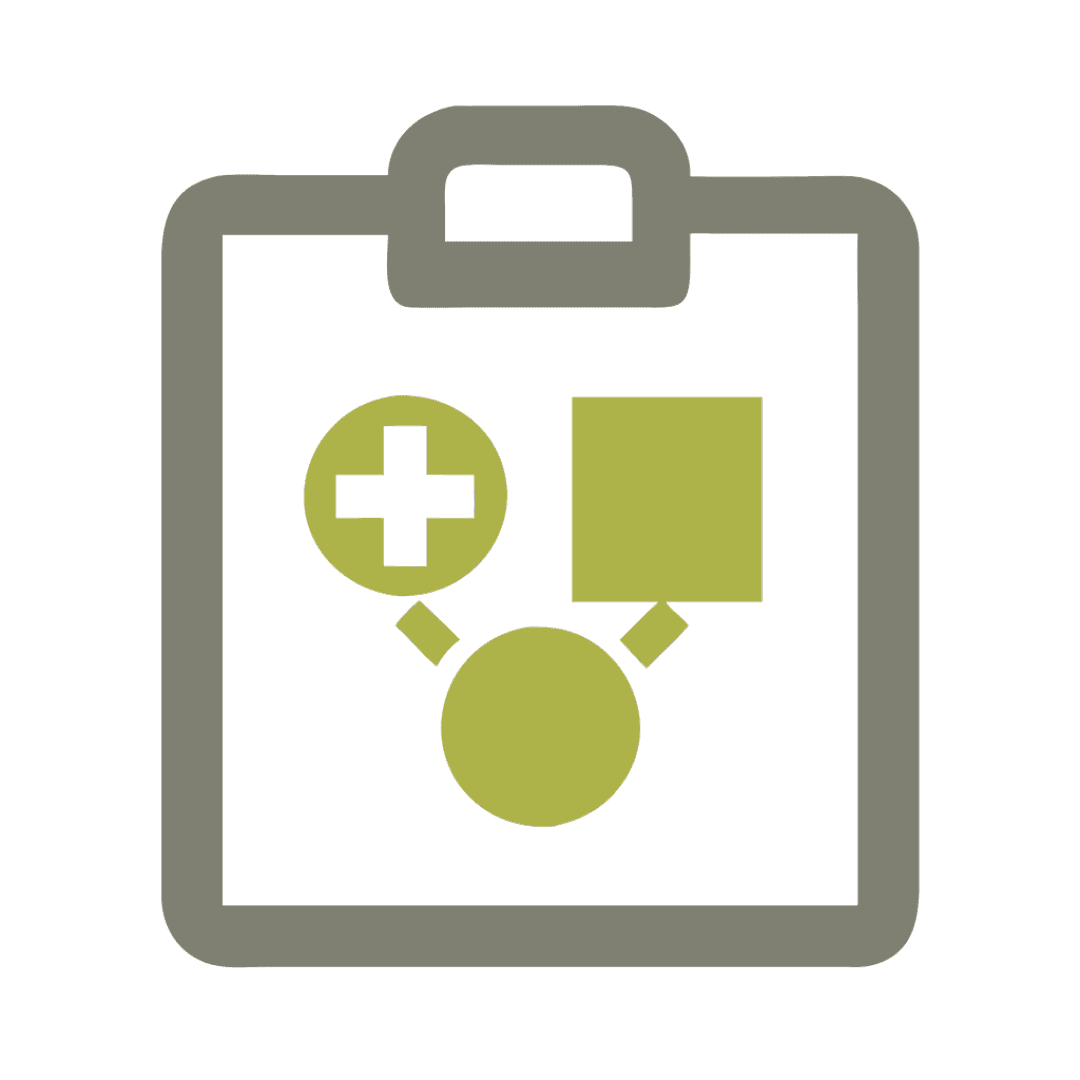
Personalized Treatment Plans
Every individual's treatment plan is tailored to their unique experiences, needs, and recovery goals.
Benefits

Holistic Healing
Address both the root causes of addiction and the underlying trauma to promote comprehensive recovery.

Empowerment
Clients gain skills and strategies to manage trauma-related symptoms and triggers effectively.

Improved Outcomes
Research shows that trauma-informed care can lead to better engagement and longer-lasting recovery.
Client Testimonials
FAQs About Ongoing Aftercare Counseling
Aftercare counseling is important because it provides continuous support and guidance, helping individuals stay focused on their recovery goals, prevent relapse, and address any new challenges that arise after completing formal treatment.
The duration of aftercare counseling varies depending on individual needs, but it often continues for several months to several years after completing primary treatment. The frequency of sessions may decrease over time as the individual gains confidence in their recovery.
Yes, if your therapist offers aftercare services, you can often continue working with them. Maintaining continuity with the same therapist can be beneficial, as they already understand your history and treatment journey.
Coverage for ongoing aftercare counseling varies by insurance provider and plan. It’s important to check with your insurance company and the counseling provider to understand what services are covered under your policy.
Yes, aftercare counseling is designed to support you through all stages of recovery, including relapse. If you’ve relapsed, your counselor can help you get back on track and develop strategies to prevent future relapses.
Aftercare counseling helps prevent relapse by providing ongoing support, addressing potential triggers, reinforcing coping strategies, and offering a safe space to discuss challenges and setbacks in your recovery journey.
If you feel your aftercare counseling isn’t helping, discuss your concerns with your counselor. They can adjust your treatment plan or recommend additional resources to better support your recovery needs.
Addiction Help News & Blog
Stay informed with the latest research on drug addiction and recovery, explore stories from those in recovery, and equip yourself with the knowledge to support your journey to healing.
Meth Mites, Meth Bugs, and Meth Sores: What Are They?
-
Posted by
 Nicki Lugo, CPC, LAC, LCADC, CCTS
Nicki Lugo, CPC, LAC, LCADC, CCTS
What’s Meth Mouth? Oral Health Decay From Methamphetamine
-
Posted by
 Gigi Price
Gigi Price
Does Alcohol & Drug Addiction Have DNA Biomarkers?
-
Posted by
 Nicki Lugo, CPC, LAC, LCADC, CCTS
Nicki Lugo, CPC, LAC, LCADC, CCTS
National Alcohol Screening Day to Assess Alcohol Use Disorder
-
Posted by
 Nicki Lugo, CPC, LAC, LCADC, CCTS
Nicki Lugo, CPC, LAC, LCADC, CCTS
Our Addiction Treatment Facilities Near You

Virtue Recovery Las Vegas, NV - Corbett
Our luxury inpatient residential / detox facility in Las Vegas, Nevada. Recover in a serene environment with private rooms, private bathrooms, meals catered by professional chefs, ability to use your phone after the 72 hour blackout period, and much more!
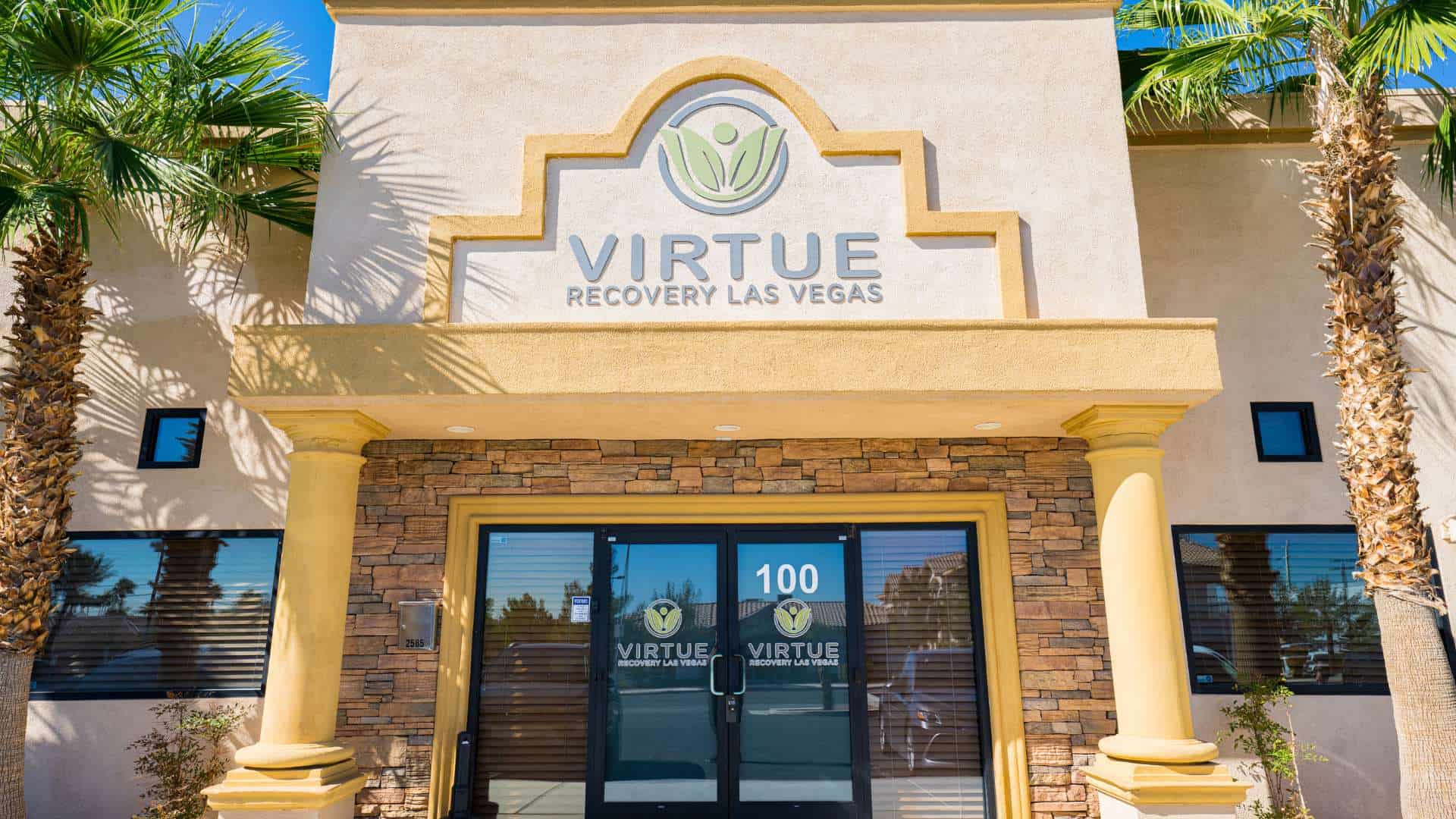
Virtue Recovery Las Vegas, NV - Montessouri
Our Las Vegas outpatient facility offers aftercare, IOP, and PHP with extended hours going from 8am to 8pm to allow clients more flexibility with their treatment. With a culturally sensitive trauma-informed care in a holistic environment clients can recover in an inclusive environment.
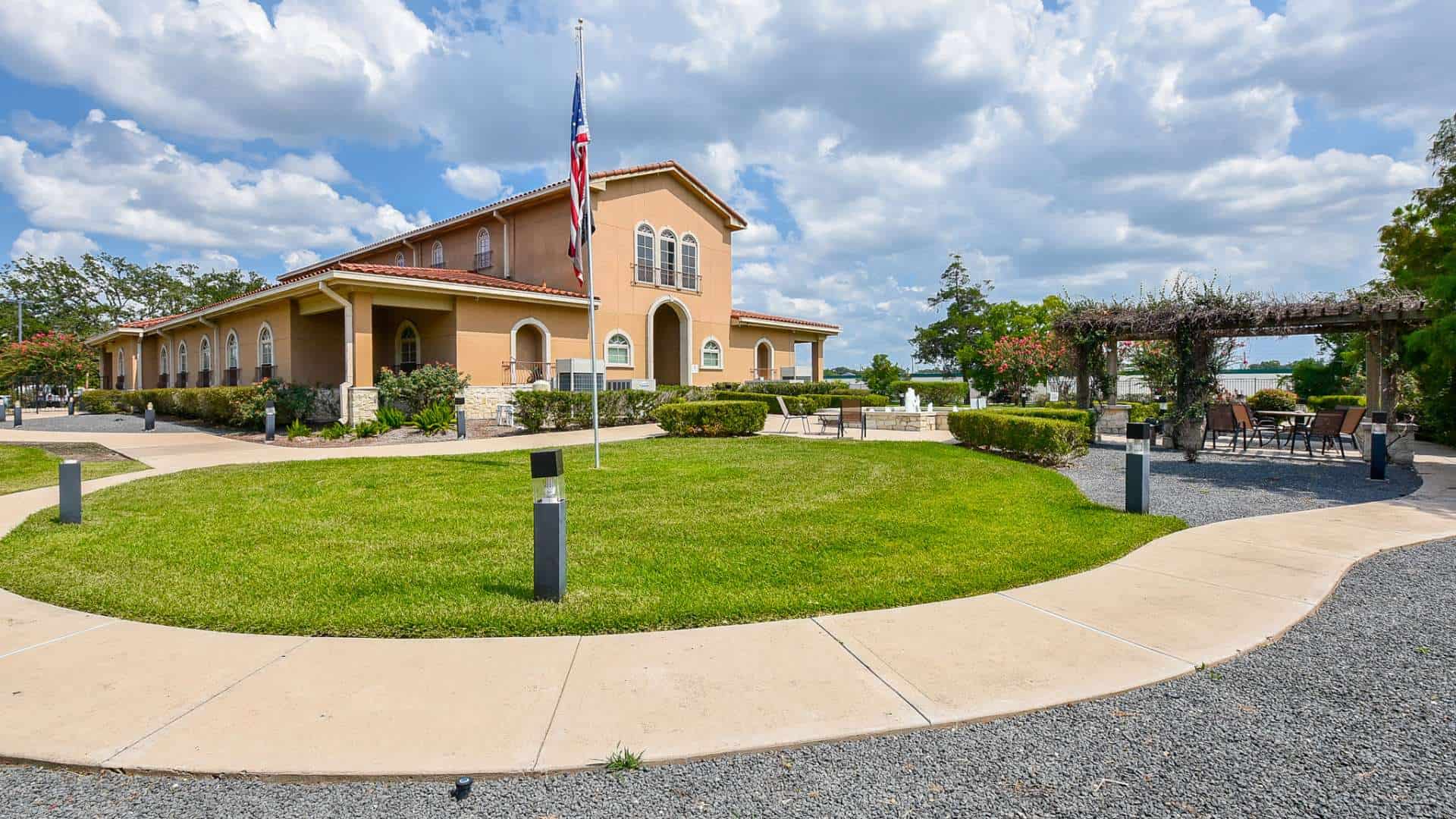
Virtue Recovery Houston, TX - Inpatient Treatment
Virtue Recovery Houston is a premier inpatient rehab center offering residential addiction treatment and medical detox. Our expert team provides 24/7 care, evidence-based therapies, and personalized recovery plans to help you break free from addiction for good.
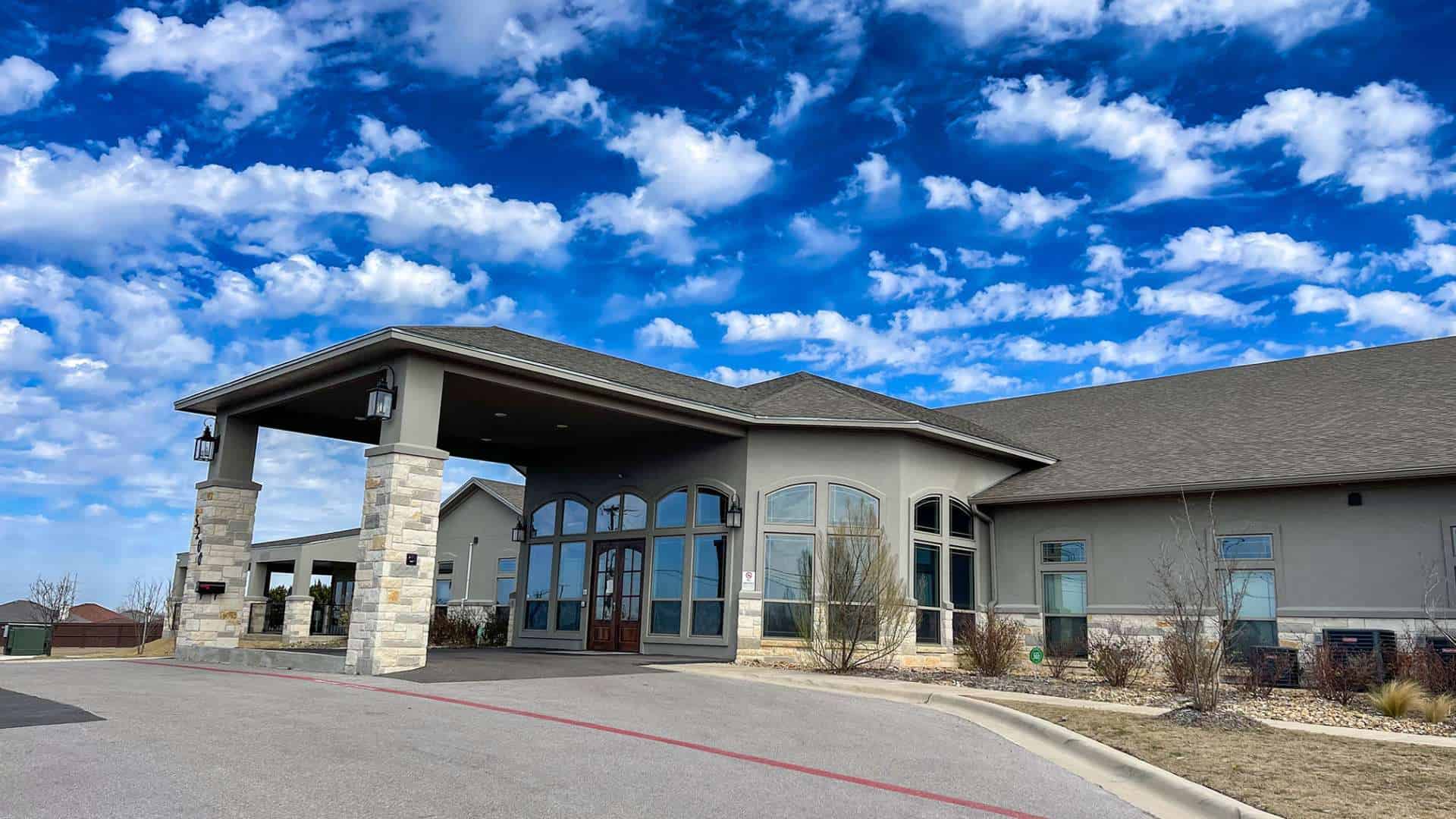
Virtue Recovery Killeen, TX - Luxury Treatment
Break free from addiction in a high-end rehab environment at Virtue Recovery Killeen. We offer inpatient treatments like residential addiction treatment, medical detox, and holistic therapies in a setting designed for healing and long-term sobriety.

Virtue Recovery Chandler, AZ - Addiction Treatment
Recovery starts in the right environment. At Virtue Recovery Chandler, our inpatient treatment program is housed in a cul-de-sac of comfortable, private homes, allowing for personalized care, 24/7 medical support, and a distraction-free path to healing. We also offer outpatient services nearby in Gilbert.
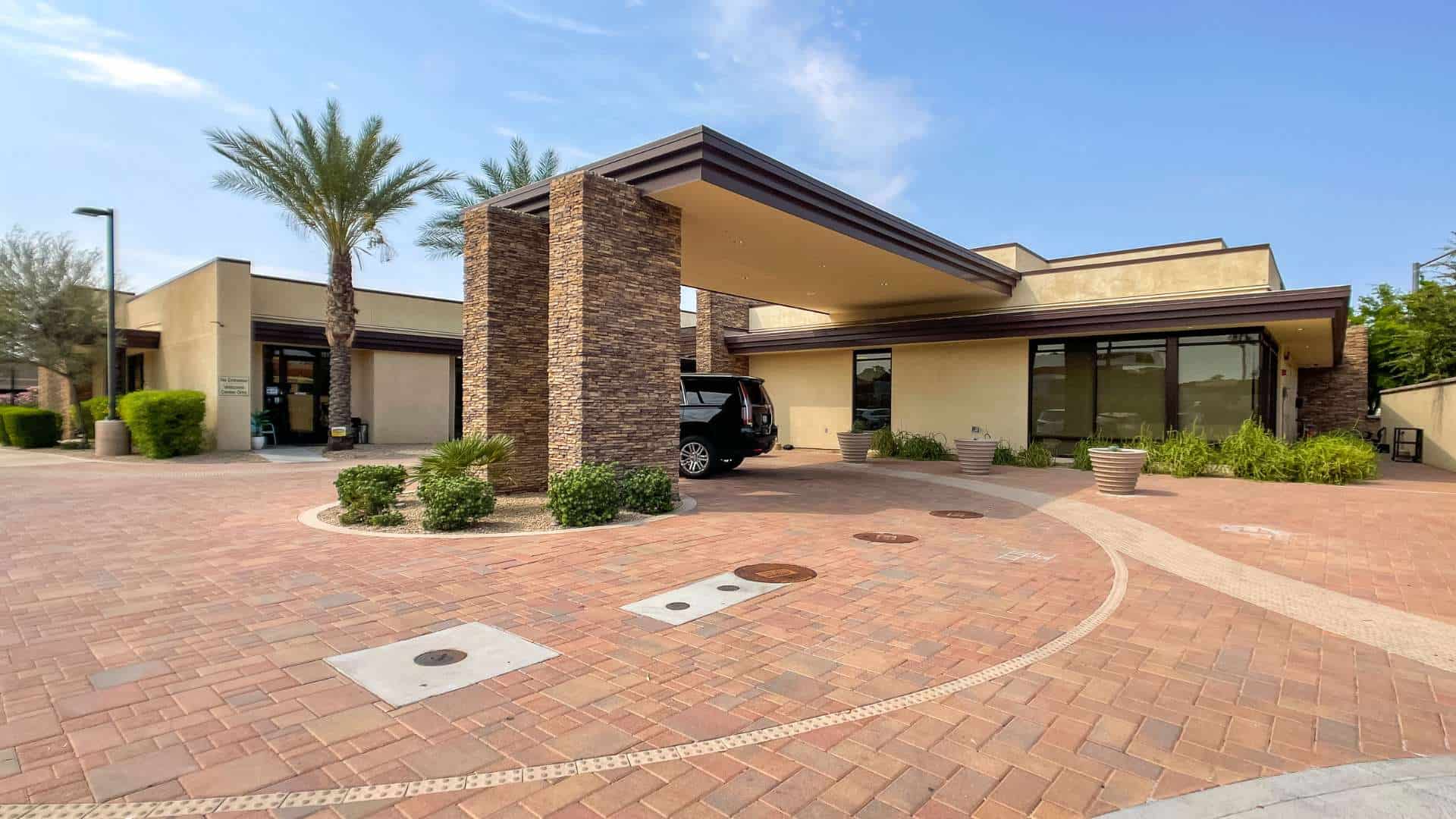
Virtue Detox Sun City West, AZ - Detox Treatment
Virtue Detox Sun City West Arizona is a premier medical detox center, providing 24/7 medical supervision, medication-assisted treatment (MAT), and expert care in a safe, comfortable environment. Detox shouldn’t be a nightmare—we make it manageable, effective, and the first step toward real recovery.
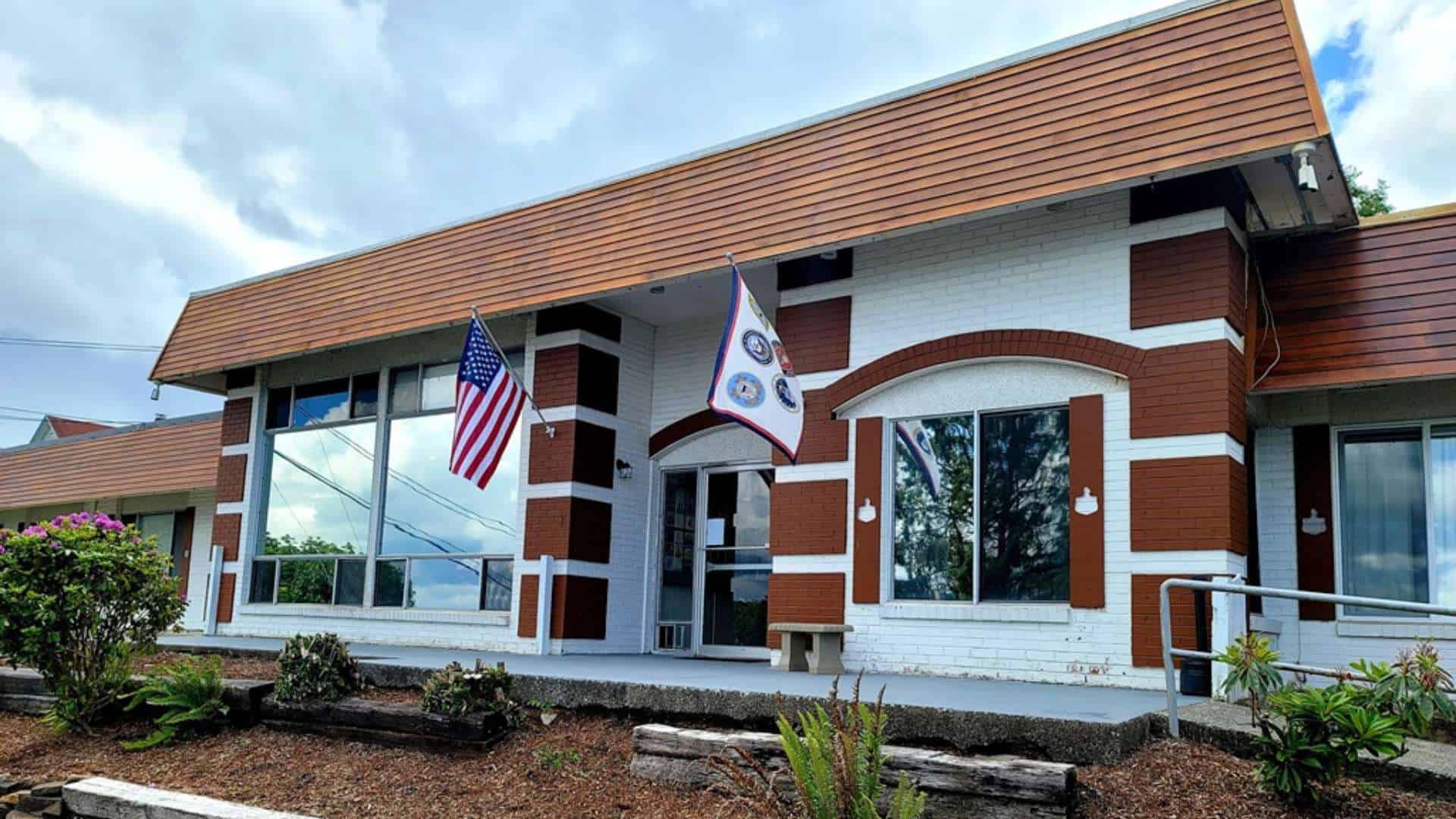
Virtue At The Pointe Astoria, OR - Inpatient Treatment
Located in the stunning Pacific Northwest, Virtue at The Pointe is a top-tier inpatient treatment center in Astoria, OR. We offer 24/7 medical support, personalized therapy, and a highly structured recovery program to help individuals break free from addiction and rebuild their lives. We specialize in Veterans Addiction Treatment.
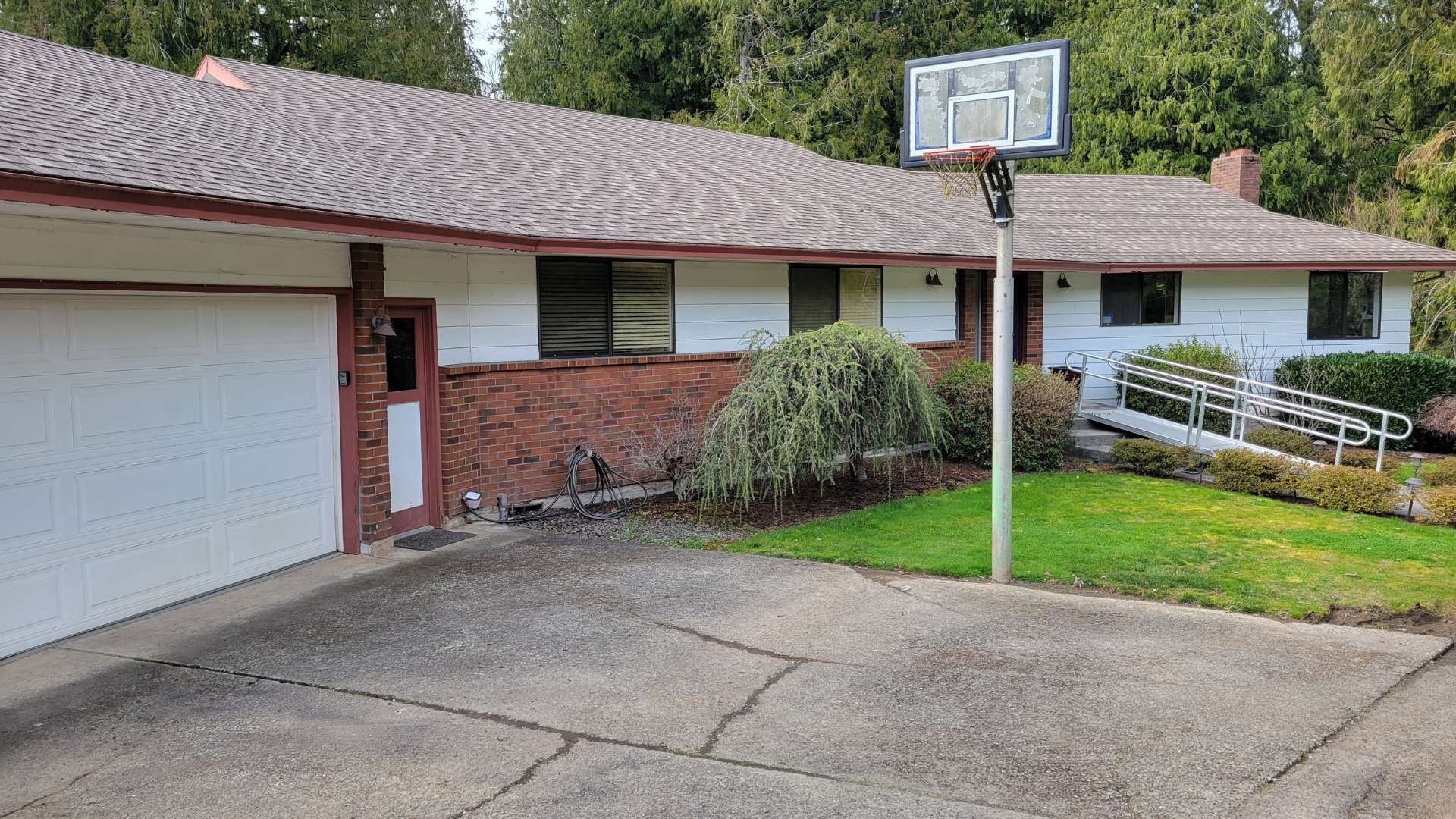
Virtue At The Pointe Milwaukie, OR - Outpatient Treatment
Outpatient treatment that feels like home. Virtue at The Pointe in Milwaukie, OR offers structured addiction recovery in a comfortable, home-like setting. Our converted homes provide a warm, supportive space for therapy, group work, and real-world healing—so you can recover while staying connected to your life.

